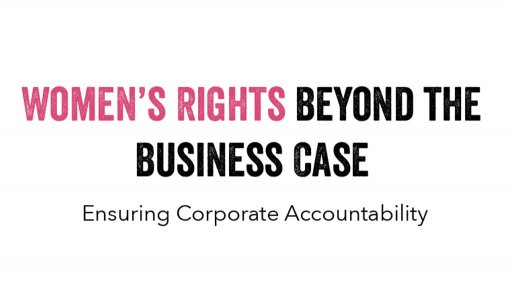
This briefing highlights the importance of a binding gender-just international accountability framework for Transnational Corporations (TNCs), as an agenda in its own right and an integral part of a broader effort to achieve women’s economic empowerment and rights, and offers a number of key recommendations in this regard.
Women’s economic empowerment is certainly a buzzword these days for governments, donors, international financial institutions (IFIs), UN bodies and even the private sector. Yet, whilst national and international actors increasingly promote a business case for gender equality – i.e. increasing women’s labour force participation as a tool for higher economic growth – structural causes of women’s economic inequality and human rights violations in the unjust global economy remain unaddressed.
The pervasive power of TNCs has unprecedented and mostly adverse implications for political decision-making and governance. Increasingly, TNCs are also presented as key partners by governments and international institutions to ‘invest’ in so called ‘women’s economic empowerment’. Even if this ‘investment’ is real, it is nothing more than providing opportunities to individual women to integrate in the economic markets, at the cost of transforming structural conditions and the terms upon which they are ‘being included’. LGBTQI+ womxn have faced a ‘corporate partnership’ on two fronts, where several corporations have associated their brands with LGBTQI+ rights in countries where a majority of the public are open to these messages, whilst at the same time quietly profiting in other countries where LGBTQI+ rights are even further from reality.
Achieving substantive gender equality means making rights real for women. States are thus obliged to prevent and address human rights violations resulting from corporate practices under international human rights law, yet the power and global reach of TNCs today has far outstripped the ability, and in many cases the willingness, of many governments to hold them accountable and act in the interests of people who have elected them.
Report by ActionAid